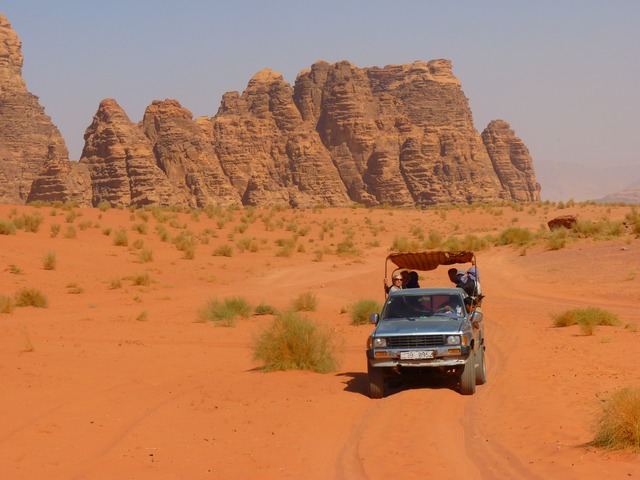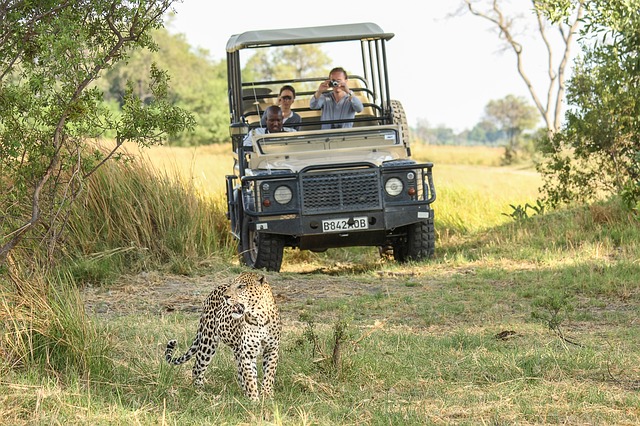Starting your first safari is a joyous but tiring experience. Preparation can be overwhelming, but it can be a rewarding experience. Read on to find out what to expect for your first safari as well as key tips for a stress-free trip!
Packing essentials
You need to know what the season is like when traveling for your safari. Africa has a large variety of weather systems, which means you can experience hot highs, cold lows, and changing weather forecasts. Layer packaging is essential. Camping in national parks can get cold very quickly. Don’t forget to pack a few layers of waterproofing, sunglasses, and a good hat! Land trucks are super versatile. They can carry the whole team’s luggage, camping equipment and of course crocodiles.
These trucks are twice as big as safari vehicles and long-distance commuters. Your luggage is usually placed under the truck, so try and minimize the number of times you have it under your big bag, it is a good idea to use a small day pack. Arm yourself with your camera, spare batteries, charger, and whatever clothes you need.
Photography
You will definitely need a magnifying lens on your safari. If you do not already have one, it is worth investing in or renting before you go. Practice photographing some of the animals in your local reserve before you leave to learn the best settings.
Have fun with the settings, then look at your photos to decide what you need to improve! Don't forget to pack enough memory cards and a way to back up your pictures. Remember that photography is not just about animals. See the stars by the fire in the evening and enjoy a hot drink. It is always advisable to pack a good travel triangle to capture the beauty of the night sky.
Cash and Visas
Before you head to your safari country, it is essential to check what visas you need. You can purchase some visas before your trip with confirmation of your hotel, hostel, or camp reservation. Other countries require an invitation letter, which can often be delivered to your hotel or travel agency.
Alternatively, some visas can be purchased at the border. Be sure to do your research on government official websites before leaving. Most safari sites are remote and you only travel through small rural villages. Large villages have grocery stores, bakeries, and cash machines. However, you may have days without access to a cash machine. Your travel guide and travel description will help you plan cash stops. A mix of cash and cards is often accepted throughout the safari journey. Please note: Some borders and villages require US dollars as well as local currencies.
Safari experience
There is a common misconception that wildlife roams throughout your safari. However, a lot of patience, clever eyes, and long-running races are involved. Remember: What you see about other people's travels is instantaneous and exciting!
You will work closely with your touring team and a scout guide for long-distance movements. GGame drive longer on rough seats and rough roads. It is worth packing a small pillow to sit on to make it more comfortable. Always pack extra batteries, a water bottle as well as multiple layers for a sunset safari. Finally, pack the telescope if you want to go the extra mile. Not only do they keep you above the game for animal scouting, but they also make you look cool.










0 Comments